These are activities or strategies you can do to handle tough situations or emotions. These help you calm down and feel better.
What are...
COPING SKILLS
This helps our brains recover and repair, which is why it's so important for our mental health. It helps maintain cognitive skills, such as attention, learning, and memory!
What is...
SLEEP
Name this mental health practice:
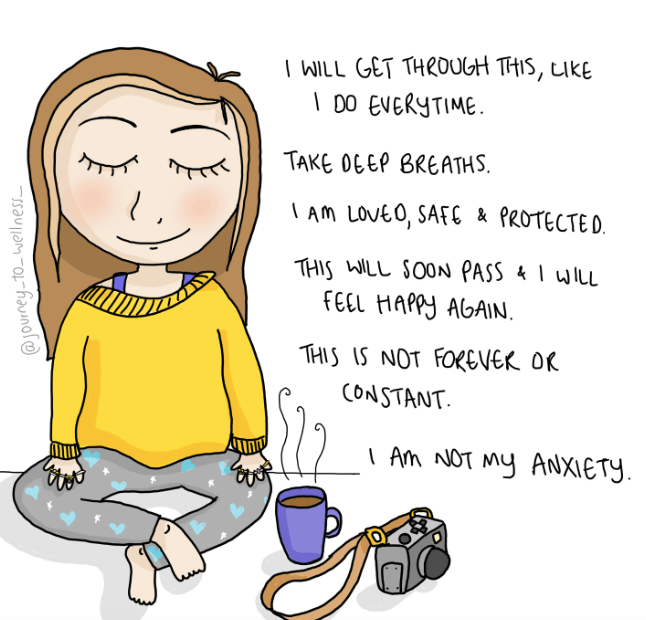
What is...
PRACTICING AFFIRMATIONS
What is anxiety?
Anxiety is intense, excessive, and persistent worry and fear about everyday situations.
Anxiety is a feeling of fear, dread, and uneasiness.
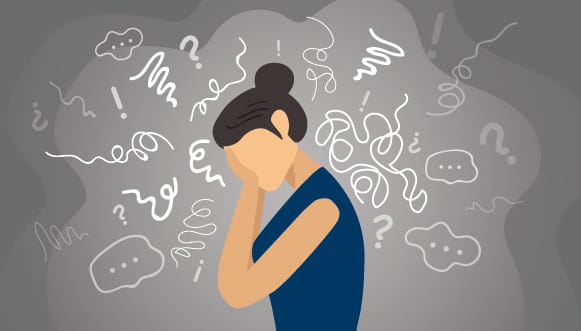
Your friend Alex is feeling very anxious, what coping tool would you suggest for Alex to try to help them feel better?
Possible answers: Deep, controlled breathing, grounding exercise, mindfulness, meditation, journaling, etc.
Name 3 coping skills.
Meditation, mindfulness, art, journaling, exercise, reading, talking to a friend, etc.
This is how much sleep scientists recommend for teenagers.
Extra Credit: How much sleep is recommended for students between the ages of 6-13?
What is...
8-10 HOURS
Extra Credit: Scientists recommend 9-12 hours of sleep for children aged 6-13.
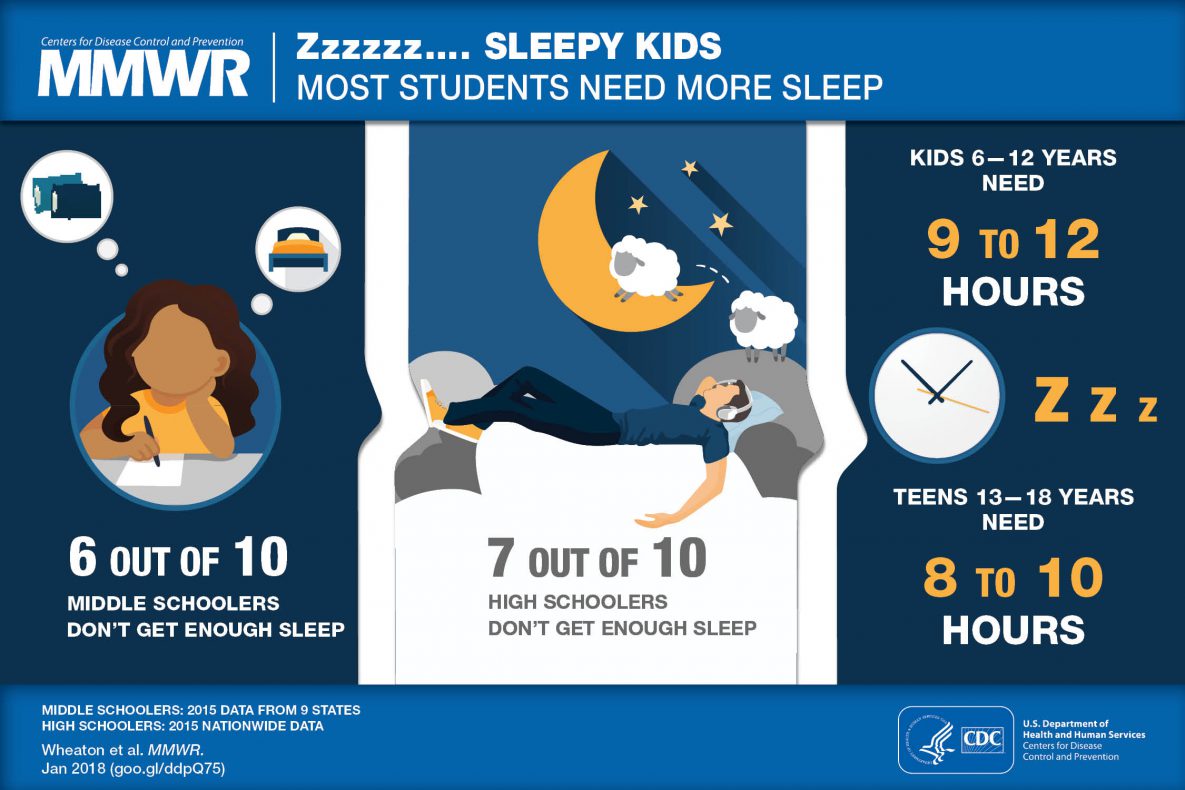
Name this mental health practice:

What is...
POSITIVE SELF-TALK
This is a strategy that is scientifically proven to ease anxious symptoms.
What is...
MEDITATION/ MINDFULNESS or CONTROLLED DEEP BREATHING
A friend comes to you because they had a really tough day and are feeling low. What would you do to help them feel better?
LISTEN, VALIDATE, COPE WITH THEM.
And if they need more support, help them go to adult.
This is when you pay attention to what's happening in the present moment. When you do this activity you focus on what you can see, hear, feel, and smell right now.
Extra Credit: Why is this coping tool useful?
What is...
MINDFULNESS
Extra Credit: When we practice mindfulness, it can help us feel more calm and focused. It can also help us enjoy things more fully instead getting distracted by other things like thoughts or worries about the past or future.
This coping activity can produce endorphins—chemicals in the brain that act as natural painkillers. It can also improve the ability to sleep, which in turn reduces stress.
What is...
EXERCISE
What is this mental health practice?

What is...
PRACTICING GRATITUDE or A GRATITUDE JOURNAL
These body symptoms are common when someone is experiencing anxiety.
What is...
Racing heart, nausea, stomach aches, sweating, tremors, etc.
:max_bytes(150000):strip_icc()/anxiety-attack-5088600-Final-b3ff4ac50a6d4c13833a0097896c2d95.jpg)
Frank has trouble sleeping at night. What are 3 things you can recommend to Frank to help him sleep?
- exercising during the day to expel excess energy
- listening to relaxing music, sleep playlists, brown noise
- staying off phone before bed (avoiding blue light)
- reading or journaling before bed to clear mind
- meditating before bed
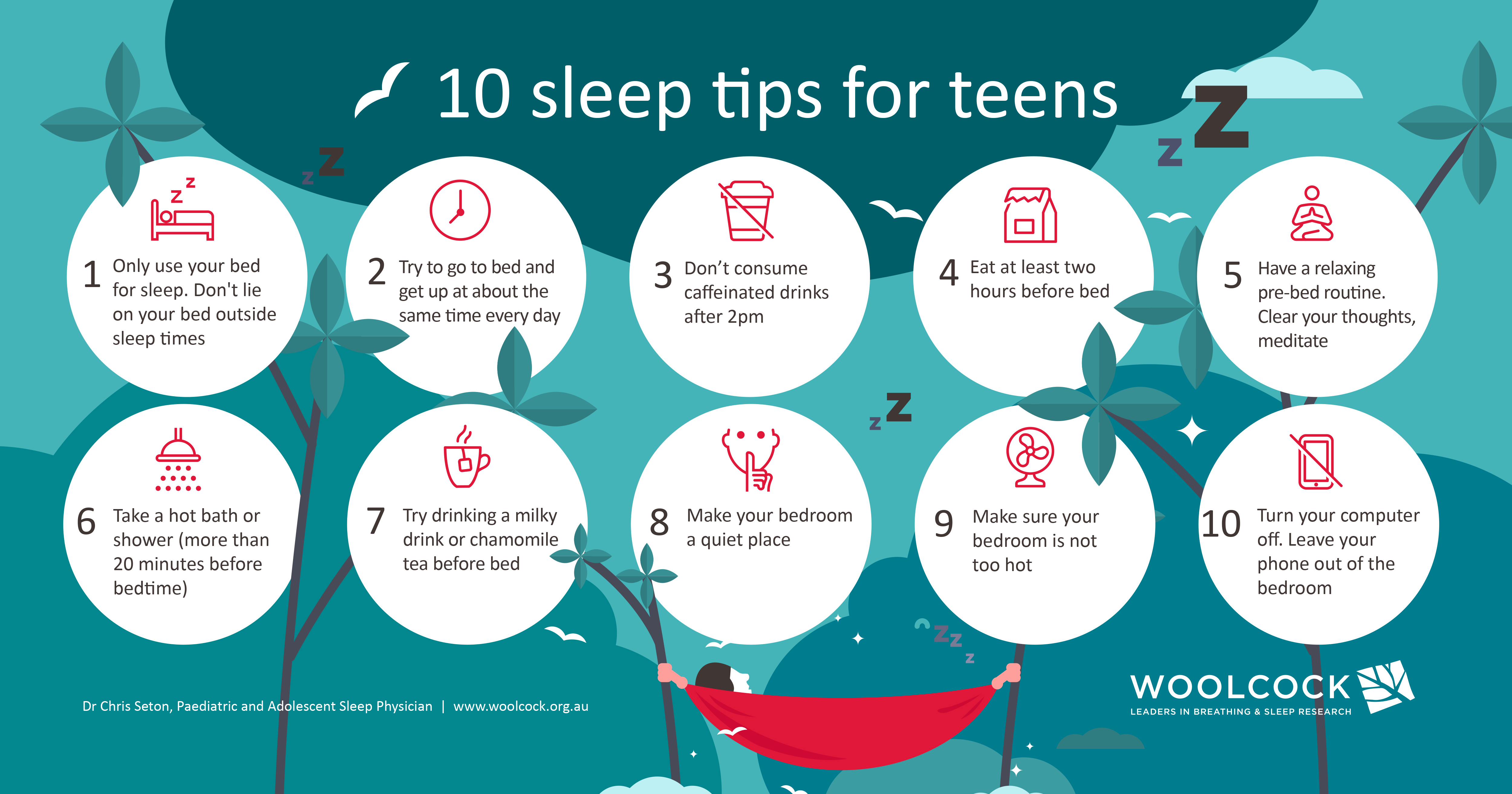
SHOW ME a breathing technique to calm down, dispel anxiety, or regulate back to baseline?
SLOW Breaths
This critical vitamin is absorbed by humans from exposure to the sun.
Extra Credit: Why is this vitamin important?
What is...
VITAMIN D
Extra Credit: Vitamin D is important for bone health, your immune system, energy levels and research shows that not having enough Vitamin D can lead to depression-like symptoms.
Name this mental health practice:
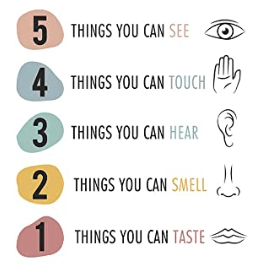
What is...
GROUNDING TECHNIQUE or PRACTICING MINDFULNESS
This is the part of the brain that is responsible for anxiety.
When it senses trouble, it sounds the alarms for the body to release cortisol (stress hormone) and adrenaline to fight off real or perceived danger.
What is...
THE AMYGDALA

Anna struggles with low self confidence and social anxiety. She is nervous to go to new places and meet new people.
What types of strategies could Anna try to improve her self confidence?
Practicing affirmations, post it affirmations on her mirror, positive self-talk, journaling, making a list of her strengths, getting out of her comfort zone more often to challenge her abilities and thoughts.

Name 5 emotional regulation strategies.
Doctors and scientists recommend THIS amount of screen time per day for children between the ages of 5-17.
Extra credit: what are the negative consequences of too much screen time?
What is...
No more than two hours per day, except for homework.
Extra credit: Too much screen time can lead to obesity, sleep problems, chronic neck and back problems, depression, anxiety and lower test scores in children.
These are negative thinking patterns that aren't based on fact or reality.

What are...
COGNITIVE DISTORTIONS
Fear and anxiety use the same systems in the brain. What response do they both use?
Extra Credit: What is the difference between fear and anxiety?
What is...
THE FIGHT/ FLIGHT/ FREEZE response.
Extra Credit:
The difference is that the fear response is seen as an appropriate response for the situation you are in while an anxious response is a false alarm.
Anxiety is an overestimation of the problem you are dealing with and an underestimation of your resources to deal with it.
Your friend George has been struggling with his mental health for a long time and you are very worried about him. George says he is fine and doesn't want help but as his friend, you know something is wrong.
What should you do?
Tell a trusted adult about George so he can get help from more people who can support and care for him.